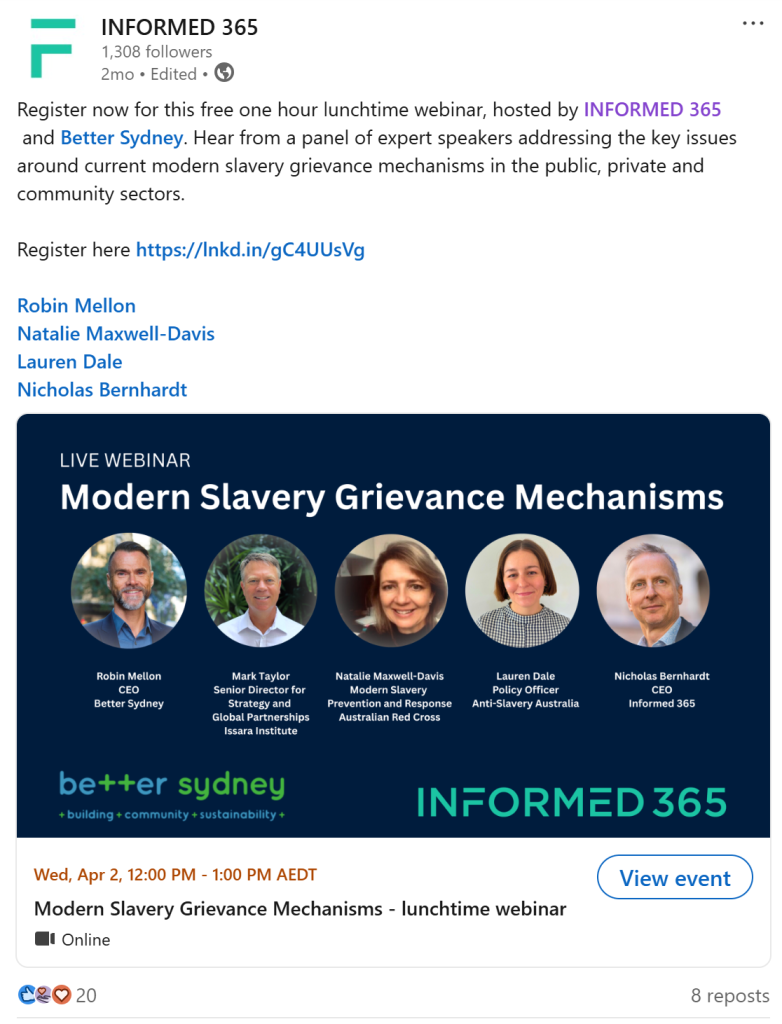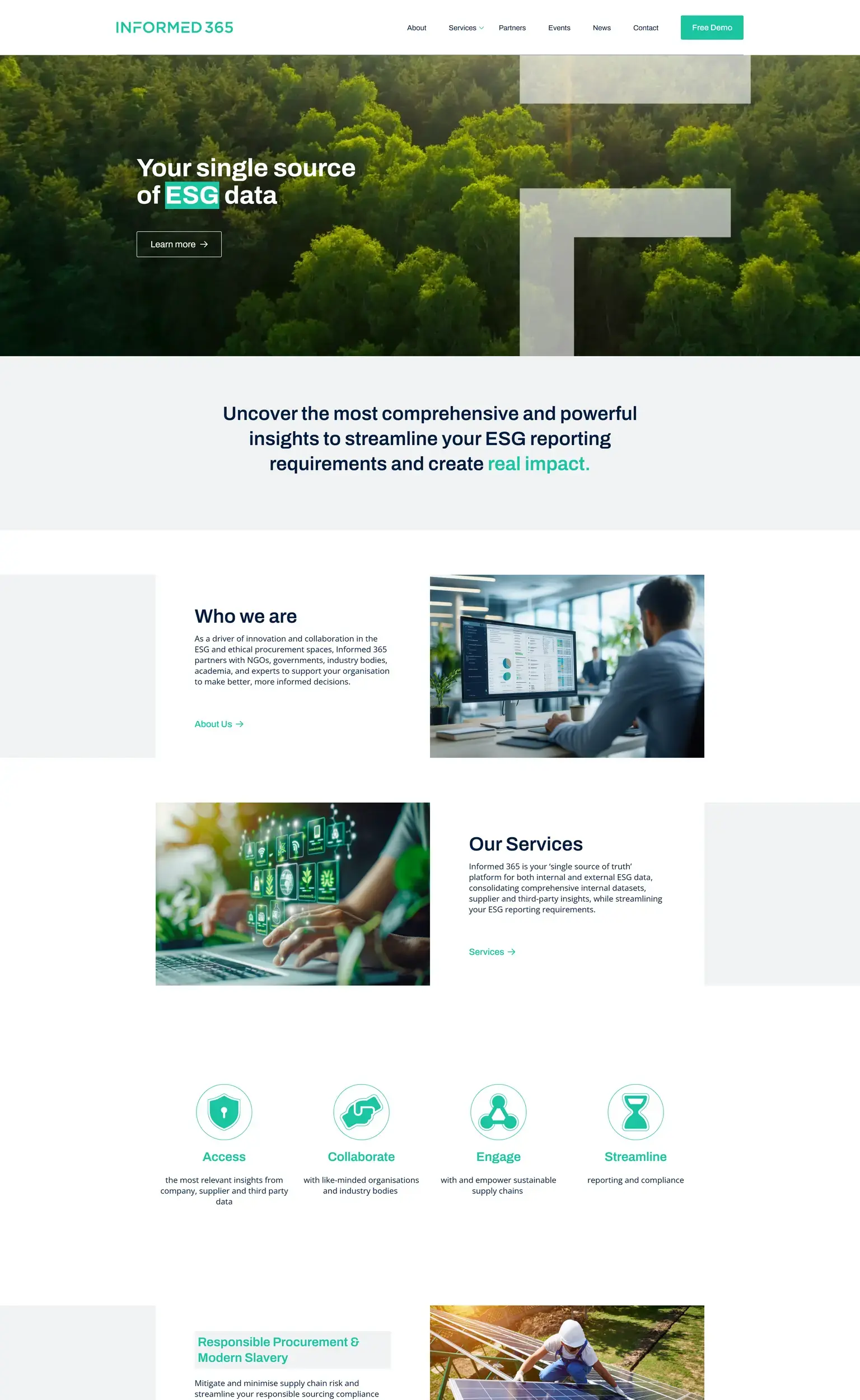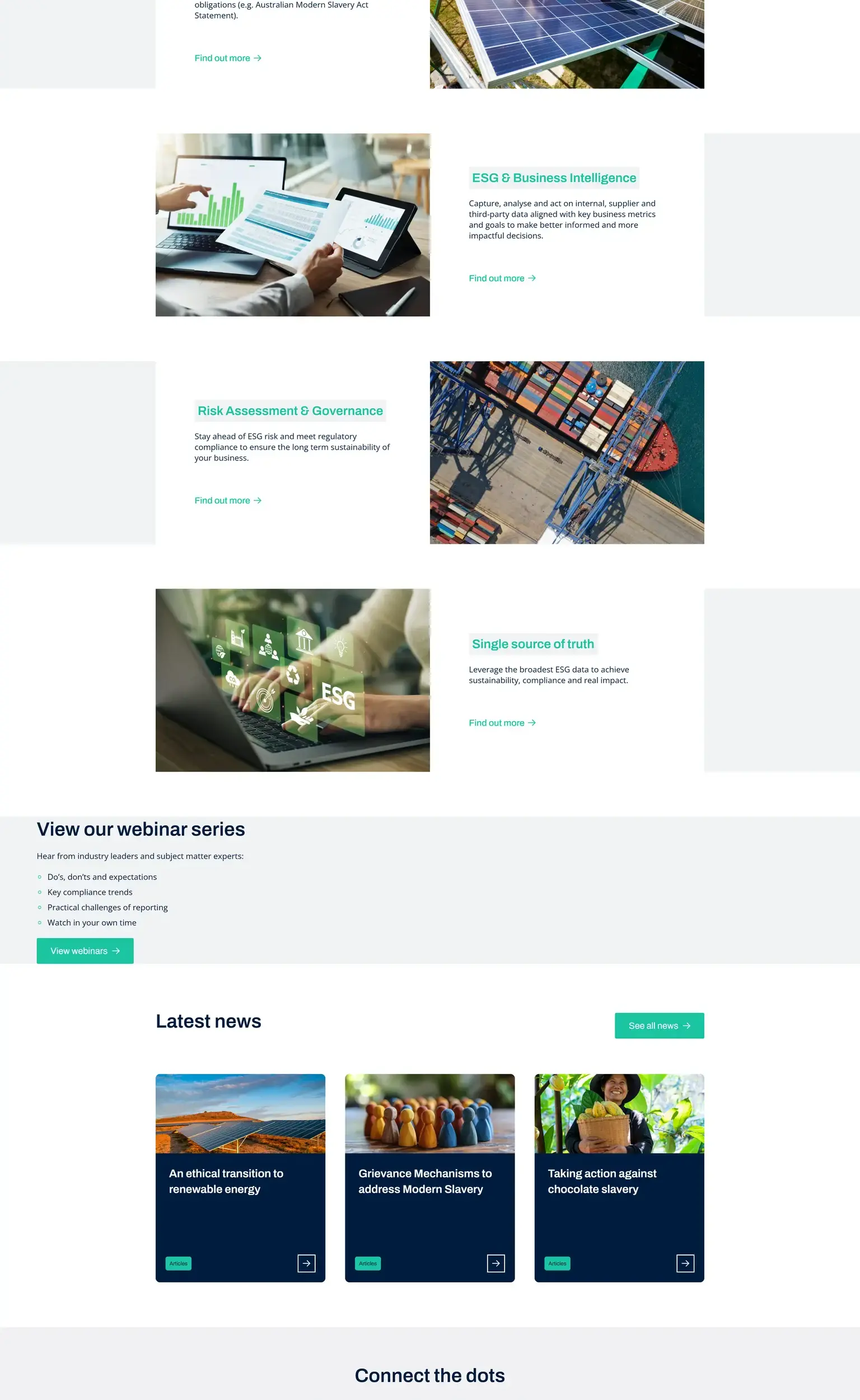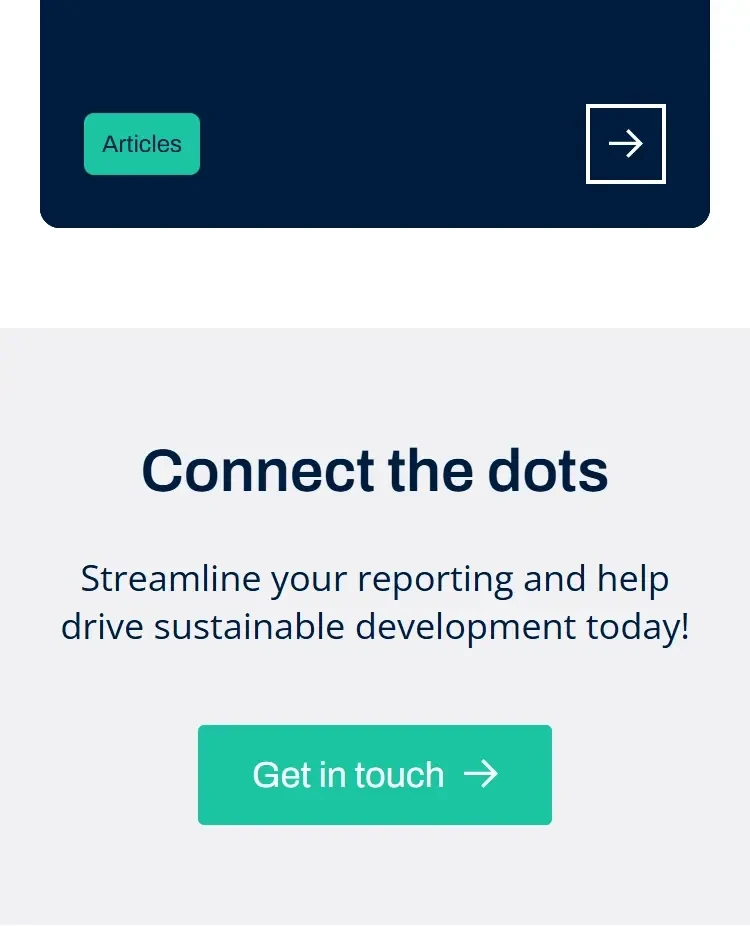Website
- SEO copy
- UX
- Information architecture
- Branding
Blog Posts
Transitioning Responsibly: Ensuring Ethical Supply Chains in the Renewable Energy Boom
The renewable energy transition is a defining challenge of our time. As countries, industries, and organisations accelerate their efforts to meet climate goals, an increasingly important question emerges: Are we ensuring an ethical transition to renewable energy?
The demand for renewable energy in Australia and New Zealand is growing exponentially, with a particular emphasis on technologies such as solar power, wind energy, and electric vehicles. However, the growth of these industries is accompanied by complex, often hidden risks related to modern slavery and forced labor in supply chains. These issues are increasingly being scrutinised by governments, NGOs, and industry leaders globally, as they recognise the need for not only a green transition, but also a just one.
Renewable Energy: A Double-Edged Sword
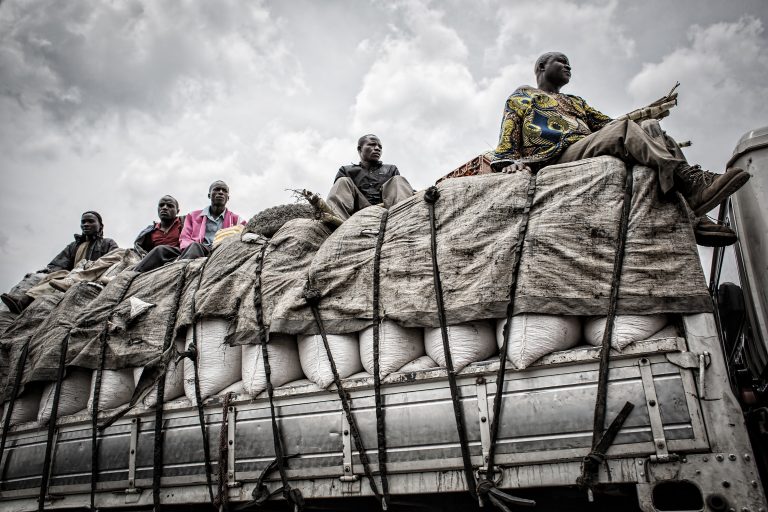
As governments and businesses across the globe commit to achieving net-zero targets and transitioning to renewable energy, the demand for raw materials like solar panels, wind turbines, lithium, and cobalt has surged. This demand has led to a complex and often opaque global supply chain that is vulnerable to exploitation.
The solar panel industry, for instance, has come under scrutiny for the alleged use of forced labor in regions such as China’s Xinjiang province, where Uyghur Muslims are reportedly being subjected to forced labor in the production of materials for solar panels. A 2021 report found that roughly 45% of the world’s solar-grade polysilicon came from Xinjiang at the time, where systematic forced labour programs are widely documented. This has led to the coining of the term “solar slavery”, highlighting the dark underside of one of the world’s fastest-growing clean energy sectors.
Cobalt mining, which is essential for electric vehicle batteries, has similarly been linked to dangerous and exploitative working conditions in the Democratic Republic of the Congo (DRC). A 2023 study by the Business & Human Rights Resource Centre revealed that approximately 78% of cobalt workers in the DRC are subjected to forced labour conditions, including widespread use of child labour as reported by the U.S. Department of Labor.
While renewable energy is undoubtedly a critical part of the fight against climate change, these unethical practices threaten to undermine the industry’s moral integrity and diminish its potential benefits. Ensuring that renewable energy supply chains are free from modern slavery is becoming an imperative, not just for businesses, but for the entire planet.
The Regulatory Environment: Growing Expectations
As the global renewable energy transition accelerates, the importance of ensuring that this shift is both sustainable and ethical has never been clearer. The demand for clean energy technologies, such as solar panels, wind turbines, and electric vehicles, is increasing, but with this demand comes a pressing need for transparency and accountability within global supply chains.
The connection between modern slavery and the renewable energy sector is critical. As countries set ambitious renewable energy targets, the question must be raised: Are these transitions truly ethical? A renewable energy future cannot be fully realised if it relies on exploitative practices that undermine human rights.
Countries like the UK, and the United States have already recognised this connection and taken steps to ensure that modern slavery is not embedded in the supply chains that fuel their renewable energy ambitions. While in Australia, where Modern Slavery reporting is legislated, and in New Zealand where the renewables sector is booming, awareness is growing.
Does Australia’s Modern Slavery Legislation ensure an ethical transition to renewable energy?
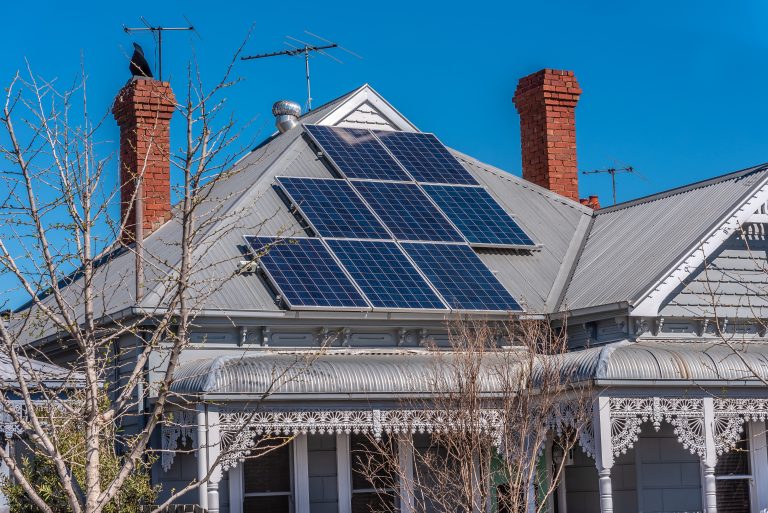
Australia is undergoing one of the fastest renewable energy transitions globally. The Australian Energy Market Operator (AEMO) projects that by 2030-31, around 83% of National Electricity Market (NEM) energy could be sourced from renewables. Solar will be a major contributor, with rooftop and utility-scale solar expected to dominate generation capacity. However, without careful management, Australia’s renewable energy transition risks being built on unethical foundations.
In Australia, the Modern Slavery Act 2018 requires entities with annual consolidated revenue over $100m to report annually on the risks of modern slavery in their operations and supply chains, and the actions taken to address those risks. While the act does not include specific legislation to ensure an ethical transition to renewable energy, there is growing awareness and acknowledgment. The Australian Government recently updated its guidance, explicitly identifying renewable energy supply chains, particularly solar, as a sector of concern. The Clean Energy Council in Australia has also acknowledged the issue, citing in 2023 “detailed allegations of forced labour within the global solar supply chain”.
New Zealand’s growing awareness – Support for a Modern Slavery Bill
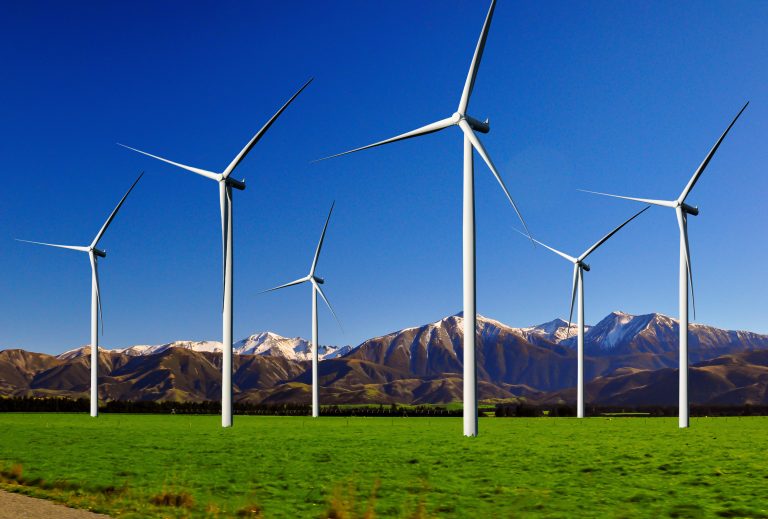
New Zealand is leading the way in renewable energy generation, with 87% of its electricity now sourced from renewable sources, making it one of the highest globally (MBIE, 2023). This puts the country on track to meet its target of 90% renewable electricity by 2025 and to achieve 100% by 2030. However, alongside this clean energy progress, there are growing calls for greater accountability in ensuring that modern slavery is not embedded within supply chains, especially as demand for materials like solar panels, lithium, and cobalt grows.
In December 2024, a coalition of human rights experts released the “Building Consensus” report, introducing the ‘Combating Trafficking in Persons and Modern Day Forms of Slavery Bill‘. This Modern Slavery Reporting Bill has now entered the ballot. The proposed legislation will mandate that private and public entities with revenue exceeding $50m report on how they identify, address, mitigate, and remediate risks of trafficking and modern slavery within their operations and supply chains. The bill has garnered significant favour, with the Labour caucus indicting their support for the Bill, and Responsible Investment Association Australasia (RIAA) and the Investors Against Slavery and Trafficking Asia Pacific, releasing a public statement supporting the introduction of the Bill.
By aligning ethical supply chains goals with their leadership in the renewables space, New Zealand will put themselves in a favorable position to demonstrate how sustainability and ethical business practices can coexist.
UK Setting the Standard – Great British Energy Bill Amendment
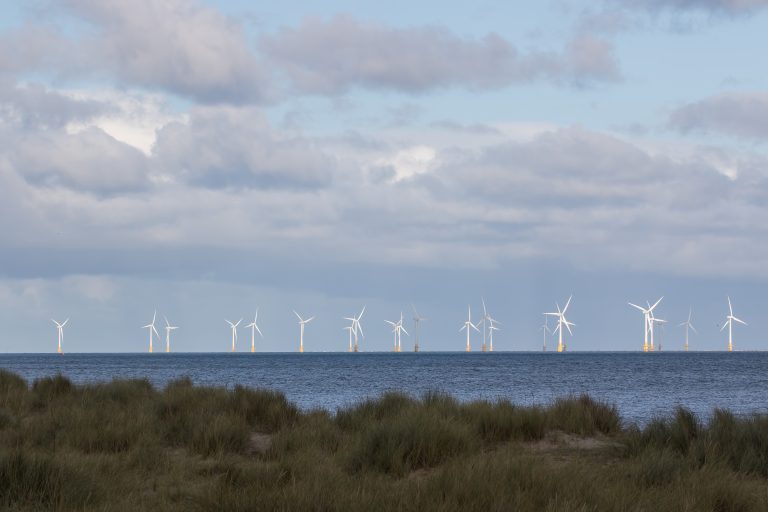
The UK has taken strong legislative steps toward eliminating modern slavery in supply chains in the past, with recent developments strengthening these further in the renewable energy sector. In April 2025, an amendment was made to the Great British Energy Bill outlining a comprehensive framework to ensure that energy companies, particularly those in the renewable energy sector, adhere to strict ethical guidelines in their supply chains. This includes measures to verify that no forced labour is involved, especially in the production of materials like solar panels and batteries. Businesses now have to take reasonable steps to remove forced labour from their renewable supply chains across the UK. This landmark change underscores the UK’s ambition to ensure an ethical transition to renewable energy with a focus on a sustainable energy sector free from exploitation.
The USA’s targeted approach – The Uyghur Forced Labor Prevention Act

In the United States, the Uyghur Forced Labor Prevention Act (2022) presumes that goods sourced from Xinjiang, including critical materials for solar panels and electric vehicle batteries, involve forced labor unless proven otherwise. This regulation has significant implications for global solar and battery supply chains, as it directly impacts the importation of goods tied to Uyghur forced labor. Companies face stringent requirements to prove that their products are free from forced labor, or risk being barred from entering the U.S. market. This law has already led to several high-profile cases where goods, including solar panels, have been blocked from entry due to suspected forced labor connections.
The Path Forward: Transparency, Collaboration, and Accountability
As governments continue to introduce and strengthen modern slavery regulations, Australian and New Zealand businesses transitioning to renewable energy must adapt by ensuring transparency in their supply chains. This is not only a moral imperative but also a business necessity. Failing to address modern slavery risks can result in reputational damage, legal repercussions, and potential loss of market share.
Key steps Organisations Can take to Ensure an Ethical Transition to Renewable Energy:
- Supply Chain Mapping and Risk Assessment
- Identify suppliers at tier 1, 2 3 and beyond and assess regions of operation.
- Pay particular attention to high-risk commodities like polysilicon, cobalt, and lithium.
- Supplier Engagement and Contracts
- Require suppliers to disclose sourcing information and labour standards.
- Build contractual obligations for ethical sourcing into procurement agreements.
- Independent Auditing and Verification
- Use credible third-party audits to verify supplier practices.
- Consider certifications like the SEIA traceability protocols.
- Transparency and Reporting
- Publicly disclose modern slavery risks and mitigation efforts.
- Meet reporting obligations within your organisation’s jurisdiction.
- Data Consolidations, Efficiency and Continuous Monitoring
- Platforms like Informed 365 help organisations track, manage, and mitigate supply chain risks through real-time data analytics, supplier assessments, and compliance reporting tools.
As the world accelerates its shift toward renewable energy, it is essential that this transition is just as well as green. Organisations in Australia and New Zealand transitioning to renewable energy must take note of evolving regulations and commit to ethically sourcing materials, embracing transparency, and contributing to a fair and just global energy future.
Informed 365 is here to help your organisation navigate the complexities of the renewable energy transition and ensure your supply chains are ethically sound. Whether you are looking to strengthen your modern slavery reporting or simply want to ensure your supply chain is free from exploitation, we offer tools and guidance to support you every step of the way. Book a demo today.
Newsletter
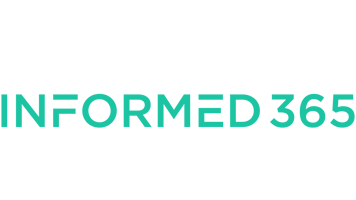
March 2025 Newsletter
A note from our CEO
Hi there,
We believe in the power of partnerships and learning together, to make informed decisions to drive real ESG impact. Our single source of truth platform is an ever-evolving ESG data tool designed to grow with your requirements. That’s why we welcome integration partners, client feedback and ideas from like-minded businesses, and why we’d like to welcome you to the first of our newsletters – a resource designed to update, celebrate and share learnings.
Warm Regards,
Nicholas Bernhardt
Upcoming lunchtime webinar
Modern Slavery Grievance Mechanisms
Wednesday 2nd April 12pm (AEDT)
How can modern slavery grievance mechanisms work better?
How can we support existing grievance mechanisms to support people?
Join us this free online webinar, hosted by Informed 365 with Better Sydney and featuring a panel of expert speakers, to discover how today’s modern slavery grievance mechanisms can work better. Learn how public, private and community sectors can support existing grievance mechanisms to support people. And find out how the ‘voice of the worker’ plays an essential part of any modern slavery remediation process.
In this one-hour lunchtime webinar we’ll address the key issues around modern slavery grievance mechanisms and how you can not only access but support them.
All Informed 365 clients can submit written questions in advance and there will be an opportunity for attendees to ask their questions of our experts during the Q&A session. Speakers include:
- Robin Mellon, Better Sydney (facilitator)
- Lauren Dale, Anti-Slavery Australia
- Natalie Maxwell-Davis, Australian Red Cross
- Nicholas Bernhardt, Informed 365
Partners for Purpose
To support our clients in navigating complex ESG challenges, we are expanding partnerships with leading consulting firms. These collaborations bring deep industry expertise in climate risk, modern slavery, and regulatory compliance, helping our clients translate ESG data into actionable strategies.
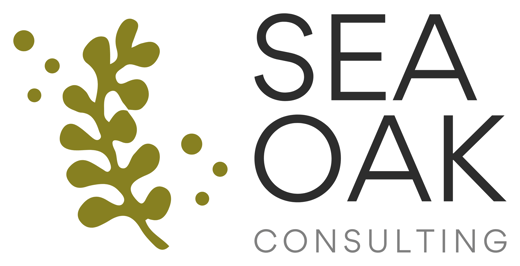
Founded in early 2024 by former Deloitte senior leader Ebony Greaves, SEAOAK Consulting brings a grassroots yet scientifically robust approach to climate risk management, carbon auditing, emissions reduction, and natural capital strategy within the Australian food and fibre sector.
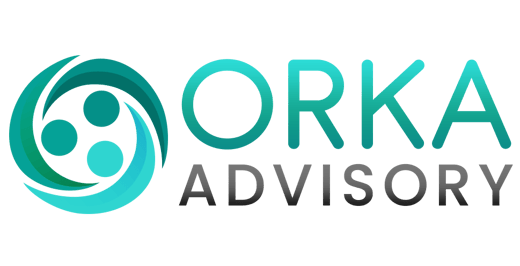
Founded by Dr. Kaushik Sridhar, Orka Advisory is a boutique ESG and sustainability consultancy dedicated to helping businesses create real impact through strategic advisory, ESG reporting, climate risk management, and sustainable governance.
A Broader Impact
We’re committed to empowering businesses with smarter, data-driven ESG management. As part of this vision, we’re expanding our technical integrations to provide deeper insights, automation, and seamless data connectivity.
These integrations enhance our platform’s ability to deliver real-time monitoring, proactive risk identification, and streamlined reporting, helping businesses stay ahead of evolving sustainability and compliance requirements. Stay tuned as we continue to expand our ecosystem of integrations!
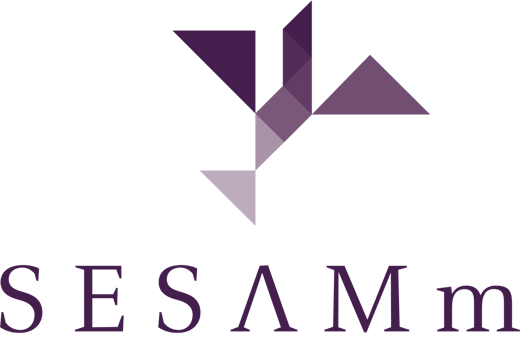
Informed 365 is partnering with SESAMm to integrate AI-driven ESG risk analytics, enabling real-time monitoring of emerging risks, supply chain disruptions, and compliance challenges. This collaboration empowers businesses with proactive risk identification and data-driven decision-making to stay ahead of evolving ESG and regulatory requirements.
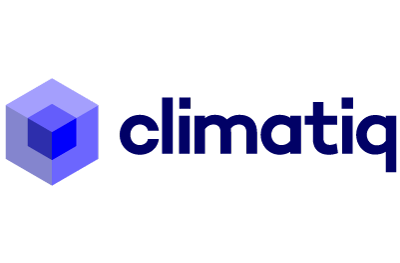
Informed 365 is partnering with Climatiq to integrate accurate, governance-ready carbon emissions calculations into our platform. This collaboration enables businesses to seamlessly measure, track, and report Scope 1, 2, and 3 emissions, ensuring compliance with evolving ESG and climate disclosure requirements.
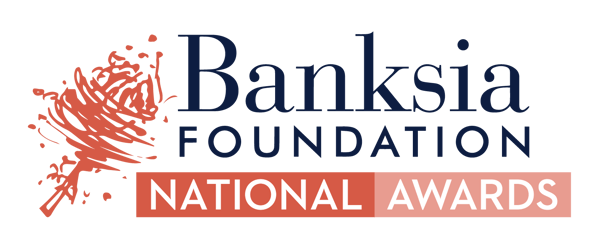

Finalists Announced!
This year we are proud once again to sponsor the ‘Supply Chain and Responsible Procurement Award’ category, in the 36th Banksia National Sustainability Awards.
Congratulations to the four very deserving category finalists:
- Intrepid Travel, VIC
- JBS Australia – Farm Assurance, VIC
- Princess Polly, QLD
- South West Gateway Alliance – The Wilman Wadandi Highway (Bunbury Outer Ring Road Project), WA
Learn more about the finalists here.
Your voice in sustainability
The brand-new Banksia People’s Choice Award invites you to vote for who you believe is most deserving of national recognition. Champion the initiatives that resonate most with you in the Supply Chain and Responsible Procurement category or across all 14 categories here.
Awards Presentation Tickets
The winners in each category and the People’s Choice winners will be announced at the National Banksia Sustainability Awards Gala, to be held on Thursday 3rd April 2025 at the Melbourne Convention and Exhibition Centre. Book your tickets here.

Did you know?
A word from our resident Human Rights and Modern Slavery expert, Robin Melon, Better Sydney
The Business & Human Rights Resource Centre ‘tracker’ helps identify companies linked to migrant worker abuse allegations. A company appears in the Migrant Worker Allegations Database if publicly tied to at least one case, though the total allegations tracked may cover broader abuses. The database also includes unnamed cases, enhancing accountability in opaque sectors. Companies accused of abuse are invited to respond through the Company Response Mechanism, while the dataset highlights global trends in abuses, demographics, and industries since January 2022. Updated monthly, you can explore the tracker here.
We’d love to hear from you
Thank you for reading the first of our newsletters. If you’d like to know more about any of the above or would like us to include information about a particular topic in an upcoming newsletter, we’d love to hear from you.


How can modern slavery grievance mechanisms work better?
How can we support existing grievance mechanisms to support people?
Upcoming Webinar – Wednesday 2nd April 12pm (AEDT)
Hi there,
Join us for a free one hour lunchtime webinar, hosted by Informed 365 and Better Sydney. Hear from a panel of expert speakers addressing the key issues around current modern slavery grievance mechanisms. We will also discuss how public, private and community sectors can better support these mechanisms in order to better support those at risk. A key focus area will be on how the ‘voice of the worker’ plays an essential part of any modern slavery remediation process.
Speakers
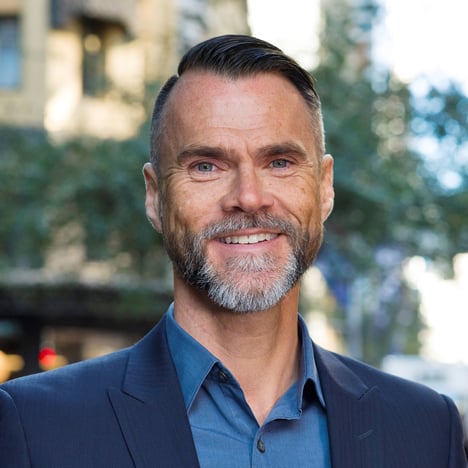
Robin Mellon
CEO, Better Sydney
As CEO of Better Sydney and a leading voice on ethical supply chains, Robin brings a wealth of experience from the Green Building Council of Australia, the Supply Chain Sustainability School, and the UN Global Compact Network Australia. He has been a pivotal contributor in shaping Australia’s approach in the fight against modern slavery, and will be sharing his insights with us.

Natalie Maxwell-Davis
Modern Slavery Prevention and Response, Australian Red Cross
As the lead of the Australian Red Cross modern slavery program, Natalie focuses on integrating the perspectives of survivors and vulnerable populations into effective responses. With a background in law, business, and frontline work with migrant workers, she brings a powerful combination of expertise and empathy to the conversation.

Lauren Dale
Policy Officer, Anti-Slavery Australia
As Policy and Advocacy Manager at Anti-Slavery Australia, Lauren leads research and initiatives aimed at strengthening protections for vulnerable workers. With experience at Walk Free and Pillar Two, she has worked on everything from business and human rights strategies to global modern slavery assessments.
Lauren will bring insights into legal and policy solutions that can drive real change.

Nicholas Bernhardt
CEO & Co-founder, Informed 365
From the world of finance to the fight against modern slavery, Nicholas has taken a remarkable journey. As a former investment banker turned CEO of Informed 365, Nicholas is committed to harnessing the power of data to drive transparency, accountability, and meaningful change in supply chains.
Nicholas will share insights on how businesses can strengthen mechanisms to support at-risk workers and ensure their voices are heard.
LinkedIn posts
